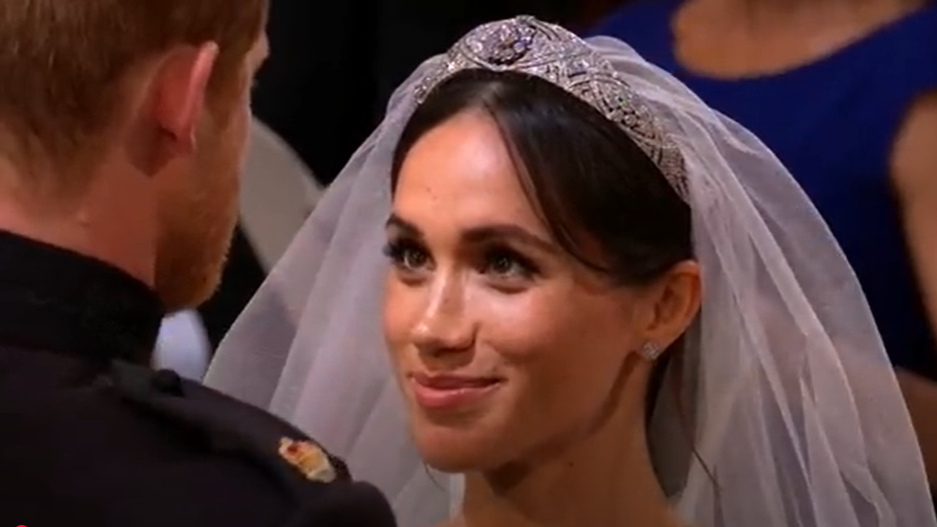Interracial marriage is legal in most countries, but not everywhere. Some nations still have laws prohibiting it.
Interracial marriage has experienced a dynamic evolution in legal and societal acceptance. Over time, numerous countries have abolished laws that once banned marriages between individuals from different racial or ethnic backgrounds, recognizing the importance of human rights and equality. The trend toward legal acceptance of interracial marriage reflects a growing acknowledgment of the diversity that shapes our global community.
This change has also been influenced by prominent court rulings, like the U. S. Supreme Court case Loving v. Virginia in 1967, which invalidated laws against interracial marriage in the United States. Yet, pockets of resistance remain globally, where cultural, religious, and traditional norms continue to pose challenges to interracial couples. Engaging content discussing this topic not only addresses the legal landscape but also mirrors the vibrant tapestry of human relationships that transcend racial and cultural barriers.
Global Perspective On Interracial Marriage Laws
The legal status of interracial marriage varies widely around the globe. Some countries have fully embraced it with legal structures embracing anti-discrimination laws, while others still impose bans or restrictions. Following international human rights standards, more nations are recognizing the right to marry regardless of race. Despite this progress, societal and legal acceptance is not universal, and the landscape continues to evolve.
| Country | Status of Interracial Marriage |
|---|---|
| United States | Legal since 1967 – Loving v. Virginia case |
| South Africa | Legal since 1985 – Prohibition repealed during apartheid reform |
| Brazil | No legal restrictions – Noted for mixed-race marriages |
Interracial couples may confront various hurdles, such as navigating different family traditions or facing societal scrutiny. Complexities arise when local statutes or familial opinions conflict with a couple’s freedoms. Although many societies are progressing towards greater inclusivity, interracial pairs sometimes struggle for full acceptance and recognition.
Historical Evolution Of Interracial Marriage Laws
The historical trajectory of interracial marriage laws has experienced a significant transformation over time. Initially, the prohibitions on interracial marriages were enshrined in law, largely in the United States during the era of slavery, and persisted into the 20th century. Anti-miscegenation laws were pervasive, creating legal barriers to marriages between individuals of different races.
The Civil Rights Movement of the 1960s played a pivotal role in challenging and changing these antiquated and discriminatory laws. Vigorous activism and landmark civil cases paved the way for the legal acceptance of interracial marriages. One of the most critical cases was Loving v. Virginia (1967), where the Supreme Court struck down laws banning interracial marriage as unconstitutional, leading to widespread changes across the country.
Today, interracial marriage is legal in all jurisdictions of the United States. The progression of these laws reflects a growing acceptance and understanding of diversity in marital relationships. No federal or state laws prohibit the union of two people based on race, illustrating the current legal standing that upholds the right to marry regardless of racial background.

Cultural And Social Implications
Interracial marriages, now legally recognized in most countries, have led to significant cultural and social discussions. In the past, these marriages faced considerable legal challenges, but changing laws reflect a shift in societal perspectives. Despite legal strides, social acceptance varies, with some individuals and communities grappling with deep-seated stigma and preconceived notions about cross-cultural unions.
With these evolving dynamics, instances of racial and ethnic discrimination persist, covertly influencing the experiences of interracial couples. Although the legal system protects against overt discrimination, subtle forms of bias can permeate daily life, affecting everything from employment opportunities to interpersonal relationships within communities.
On the positive side, interracial marriages have led to greater cultural integration and a broader understanding of diversity. By blending traditions, languages, and values, these relationships contribute to the fabric of multicultural societies, paving the way for a future where cultural plurality is celebrated.
Is Interracial Marriage Legal?
Frequently Asked Questions For Is Interracial Marriage Legal Everywhere?
Is Interracial Marriage Legal In The US?
Interracial marriage has been legal across the United States since the landmark Supreme Court decision in Loving v. Virginia in 1967.
What Countries Allow Interracial Marriage?
Many countries, including Canada, the UK, and France, allow interracial marriage without restriction.
Can All Religions Support Interracial Marriage?
Acceptance of interracial marriage varies by religion and denomination, with some being supportive and others holding reservations.
Are There Laws Against Interracial Marriage?
While no Western laws currently prohibit interracial marriage, some countries may have cultural or religious restrictions.
How Has Interracial Marriage Legality Evolved?
Legality has progressed over time, moving from widespread bans to general acceptance with the changing views on race and equality.
Conclusion
Navigating the landscape of interracial marriage reveals a global patchwork of laws and attitudes. While many regions embrace such unions, others still impose legal obstacles or societal challenges. As the dialogue on love beyond boundaries continues, it’s key to stay informed and aware of the diverse regulations and norms that govern our world’s approach to marriage.
Remember, knowledge is the bedrock of understanding and acceptance.
Ismail Hossain is the founder of Law Advised. He is an Divorce, Separation, marriage lawyer. Follow him.




Leave a Reply